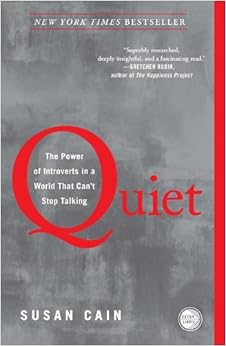I'm not reading anything right now, but I managed to finish 5 books so far this summer. I've never been a big reader, but recently I exploded with enthusiasm towards reading. Here's everything I read

American Psycho
33 1/3: Koji Kondo's SMB Soundtrack
The Curious Incident of the Dog in the Nighttime
Influential Game Designers: Shigeru Miyamoto
Seconds
In short, here's how I feel about em.
American Psycho was... a bit heavy, especially for a first read. It literally was the first book I bought with my own money and read from beginning to end simply for pleasure. I enjoyed it, but like I said, it was heavy. Very fucked up book. I found that
Koji Kondo book in Barnes and Nobles and decided to give it a go, and I very much enjoyed it! I learned a thing or two about music on the NES that I didn't know before, and gained some perspective about game music in general. I picked up
Curious Incident on a whim because it interested me; a mystery novel from the perspective of a boy with autism. This was my favorite of the bunch, easily. The book about
Miyamoto was cool, but nothing special, unfortunately. I learned some things here and there, but for the most part it was filled with information I already knew. Finally, I read
Seconds, the graphic novel by Brian Lee O'Malley. I really enjoyed it from beginning to end; very cool art and I loved the energy of it. I felt like it ended a bit... fairy tale, but it was good and I don't regret the read. I finished it in two sittings, actually.
I love reading and am so happy that I recently discovered the joy of it










